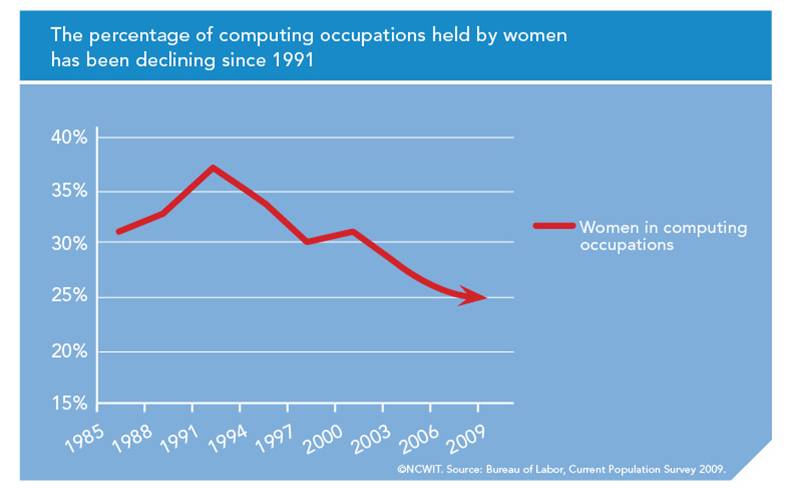
I finally read the Damore Memo. I had avoided it as I assumed there was nothing to be gained by it: I trusted the people discussing it in my various spheres and their condemnation was absolute. I opened it not because that trust waned, but because I've never been very comfortable denouncing a thing I only know about second hand (I make an exception for Ready Player One though because c'mon, fuck that shit).
I'm glad I read it, but as expected, my trust was not displaced. There's no difference between Damore's citation-laden defense of the gender gap in technology and modern day white supremacists appealing to the ideals of free speech in order to normalize violence against nonwhites.
Damore wrote a calm, collected piece that attempts to be diplomatic in its assertions. Its internal logic and arguments are mostly sound given the premises it presupposes and the research it claims to be accurate. Its internal structure, however, is not what is worth discussing.
The thing worth discussing is: for what reason was Damore compelled to write his memo, and were they valid?
While much of the language around diversity initiatives in technology is centered around "gap closing" and there are many advocates for 50/50 gender representation in tech, the gap itself is not the issue. Diversity advocates like me have not looked at some numbers and gotten enraged about a cosmic mathematic imbalance. I do the work I do because of the graph above. The gap is a symptom of a culture circling the drain of insular, homogenous thought and deeply held insecurities that has increasingly alienated perceived outsiders for decades.
Before there is any point to a discussion of whose brain is predisposed to what (personally I don't think there will ever be a point since such discussions have only ever cropped up when justifying discrimination), we have to look at the culture that has formed within tech since the 80s.
I interned at IBM in 2008 a few towns over from where I grew up. While there I met and worked alongside several women who had been there for years. They occupied every type of position and, as a wide eyed student, I never questioned their presence or thought much of it. While I'm not saying that IBM represents a perfect culture or lacks any incidences of sexual harrassment or discrimination, I do see it as a foil against the startup world I began to experience and explore as I left college a few years later.
The startup world felt immediately different, partially because of the insistence on rampant infantilization, but mostly because I just saw men. A generation of male youth raised on the aggressively gender segregated marketing of video games were becoming the rock stars they always wanted to be; but deep set insecurity led them down a road of homogenity and discrimination. I'm squarely centered in that demographic, but I also grew up with women role models in the tech field alongside their male counterparts. Wihout this perspective, I fear the person I would have become.
I've known plenty of women who have quit or have come close to quitting tech. They did not reach that point because of their biology. They reached that point because from day one (or day -N, where N is the day of the first interview) they found themselves surrounded by people who treat them like aliens at best and fuckable objects at worst. No matter what their skills are, their humanity is consistenly and routinely denied by a culture that has spent far too long homogenous and insular. The diversity work I do is not about fiddling with numbers out of some dogmatic "liberal" conviction: it's about ensuring we have a tech culture that welcomes anyone and gives them a fair chance to succeed and follow their vision.
Damore's memo can be summarized as his saying "I resent being expected to treat women as humans" and nothing more.
If Damore recognized this, he could have spent more time getting to know and humanizing his lady coworkers. Instead, he wasted hours on this pointless memo that he evidently wants to become his legacy. Thus, I propose the following: when someone uses citation-laden eloquence as a smokescreen around deeply held discriminatory beliefs, just smile and sing "That's Damore!" (and then put them on a performance improvement plan).